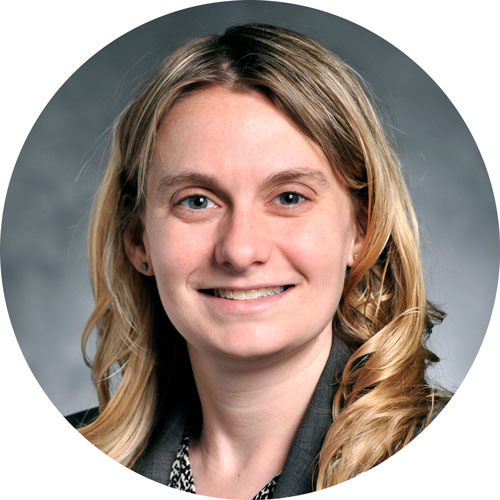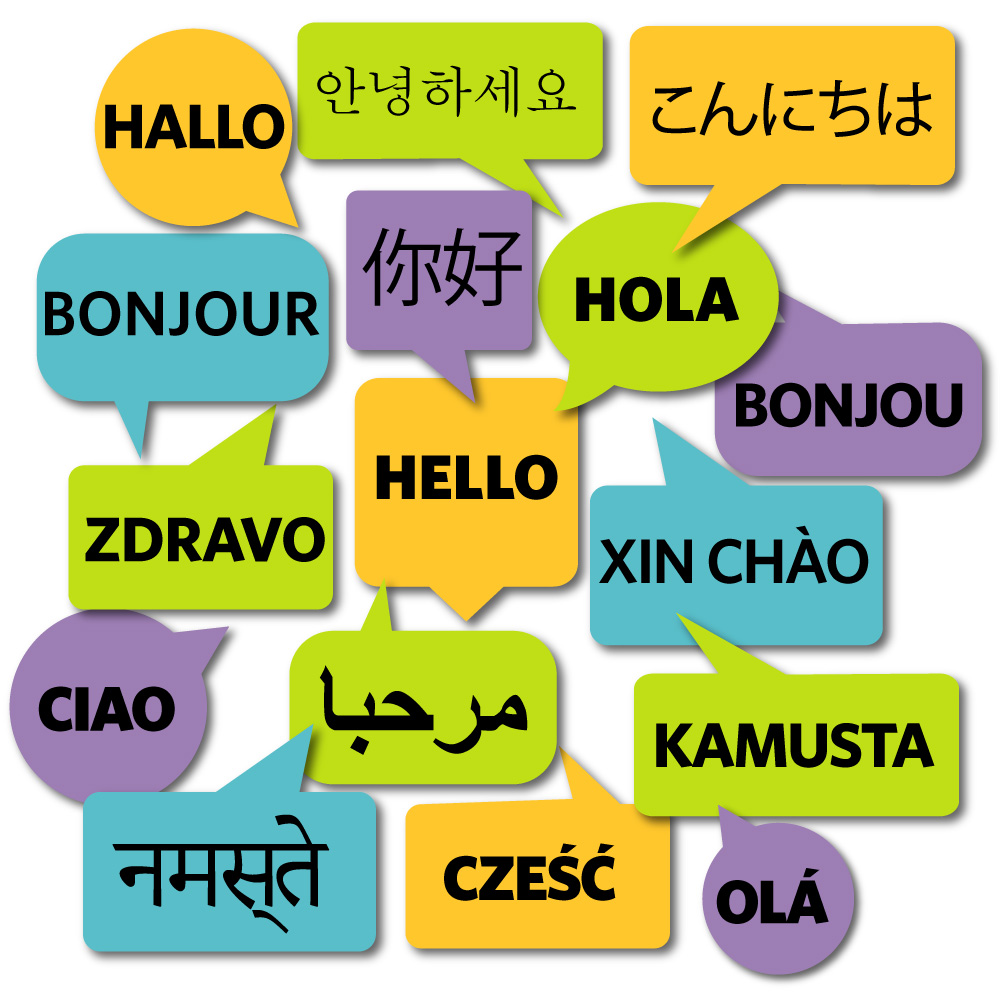 A community-based organization in southwest Missouri wanted to learn about the Foundation and our grant opportunities, but there was one big issue – they only spoke Spanish. Due to the language barrier, we as an organization were missing the chance to plug into a community and form new connections and partnerships. After learning about this group and their needs, we joined forces with the International Institute of St. Louis to help bridge our language gap. With the institute’s assistance we learned more about the organization and the community they serve. In turn, we gave them information about grant opportunities that they never would have known about otherwise. The success of this effort inspired our new Translation and Interpretation Services, which we’re proud to highlight today.
A community-based organization in southwest Missouri wanted to learn about the Foundation and our grant opportunities, but there was one big issue – they only spoke Spanish. Due to the language barrier, we as an organization were missing the chance to plug into a community and form new connections and partnerships. After learning about this group and their needs, we joined forces with the International Institute of St. Louis to help bridge our language gap. With the institute’s assistance we learned more about the organization and the community they serve. In turn, we gave them information about grant opportunities that they never would have known about otherwise. The success of this effort inspired our new Translation and Interpretation Services, which we’re proud to highlight today.
The service gives non-English-speaking organizations the ability connect with us and explore opportunities for funding and partnership. Our contact form is written in five different languages: Spanish, Bosnian, French, Vietnamese, and Chinese. Additional languages can be requested via email. This is a great example of another way we’re integrating our core value of equity into our work. By offering translation services we’re helping reduce the significant barriers many foreign-language organizations face as they work to improve the health of their communities.
According to the 2015 American Community Survey, approximately 340,000 Missourians speak a language other than English at home. Non-native speakers may face a variety of challenges when trying to access health and social services. Language barriers may hinder their ability to formulate appropriate questions or comprehend basic instructions without an interpreter. In addition, they may lack an awareness of the United States’ health care culture, and culturally appropriate materials may not be available. Community-based organizations that are well-situated to work with these populations may also have staff that are non-English speakers. These organizations may lack the capacity or resources to communicate with potential funders and partners like MFH.
In order for us to best meet the needs of underserved Missourians and create a more equitable region, it is important for us to identify ways to connect and engage with various organizations, including those that haven’t had the ability to communicate with us in the past. We’re looking forward to new collaborations and connections, and learning from these groups’ unique perspectives.
Please spread the word about this new translation opportunity, and visit the page today!
Jessi LaRose is a health policy officer at Missouri Foundation for Health.


